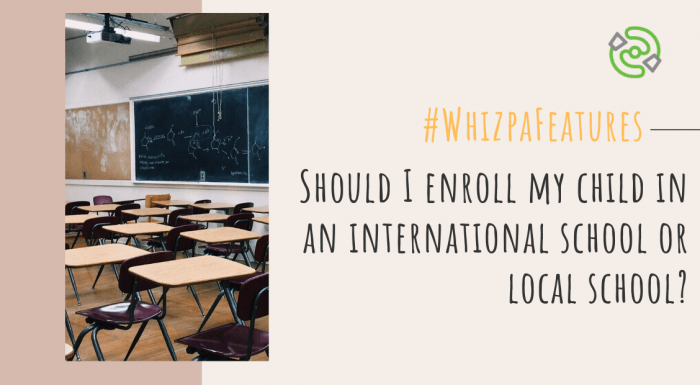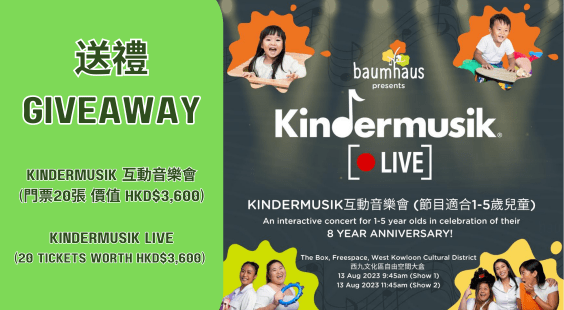
國際學校還是傳統學校?
Which is more important?
- Academic results vs. Problem-solving skills
- Happiness vs. Success
- English vs. Chinese
Which of these descriptions suit you more?
- Money is a big concern for my family vs. Money is not the primary concern
- I will send my child to study aboard in further future vs. I prefer my child to study at a local university.
Education system
Local schools' education system is more based on textbooks material memorizing. Knowledge is often being taught to students through textbooks, then evaluate through exams. They encourage students to maintain their knowledge by doing homework after each chapter learning. Under this education system, parents found it easy to help their children in academic studies. Students' mathematics result is often being found better than international school students. To improve students' ability in problem-solving, project-based learning is being introduced into some local schools years ago, which is similar to international schools' education system. However, the teaching method of most of the subjects remains the traditional way.
The first impression of international schools is "Happy school." They encourage students to ask questions and think of solutions. Their education system is more based on research work and expressions instead of doing loads of exercises, which allows students to build up personal thinking skills and receive new concepts. Students are higher in confidence and have better communication skills in general. They are required to do weekly presentations instead of daily homework. Presentations provide students the chance to build confidence and improve in problem-solving. However, due to fewer textbooks support, some parents found it challenging to help their children in academic studies.
Expenses
As a local citizen, the HKSAR government provides us nine years of free education. Our children can enjoy free education in most of the local schools.
School fees for international schools are high. As I mentioned, international schools provide more outings and oversea trips, which creates higher extra expenses than local schools.
Learning Environment
There are two types of local schools, local English schools, and local Chinese schools. In English schools, most of the subjects are mainly taught in English. However, the students' English level is being found unevenly matched. Most of the students have extra tutorial classes after school. They tend to spend time on maintaining their school academic results instead of learning additional knowledge. Ninety percent of the students in local schools are local children. They share a similar culture and seem to be more united.
International schools are usually English based, which provides a great English environment for students who wish to study aboard in the future. International schools often provide loads of outing and oversea exchange opportunities for students. There is a higher percentage of different nationalities of students studying in international schools. Students have a chance to understand different cultures. Therefore, we always find students from international schools more flexible and internationalize.
Every child is unique and has different specialties. We should choose a school culture that fits their characters in an affordable range. School life in local schools could be stressful for some people, but it wouldn't be too tough if you transfer your child from a local school to an international school in the future. However, if you wish to do it the other way around, it would be challenging.
If you are interested in internatinal shhools, here are some for you to check out and learn more :
Australian International School Hong Kong
Yew Chung International School








